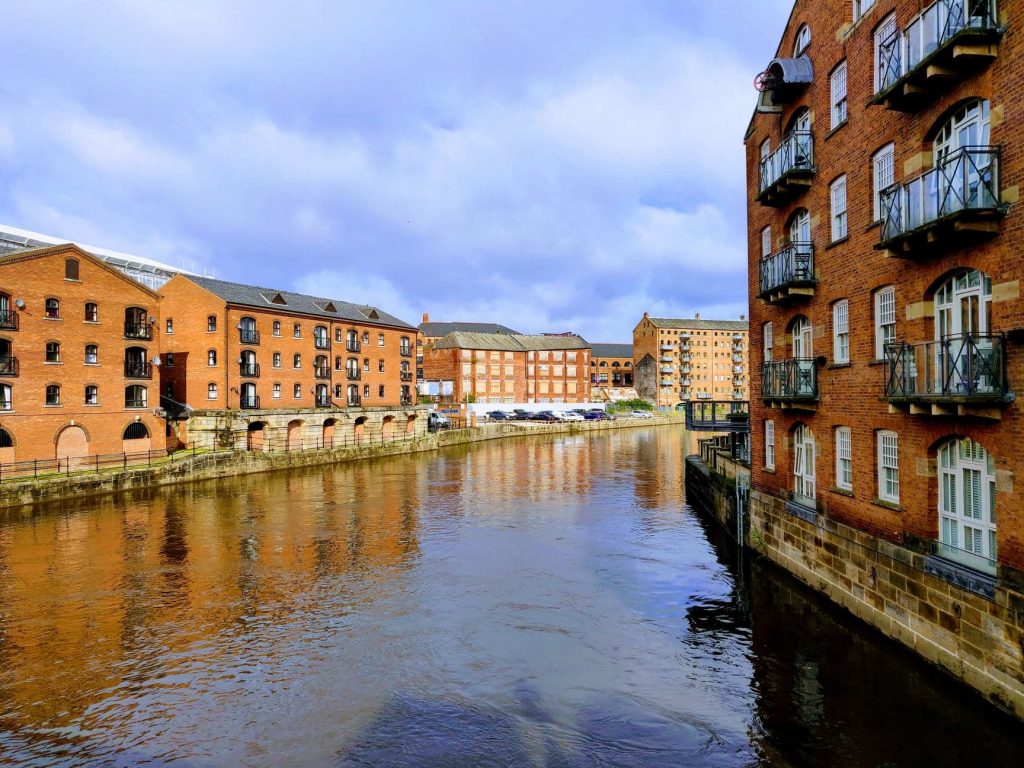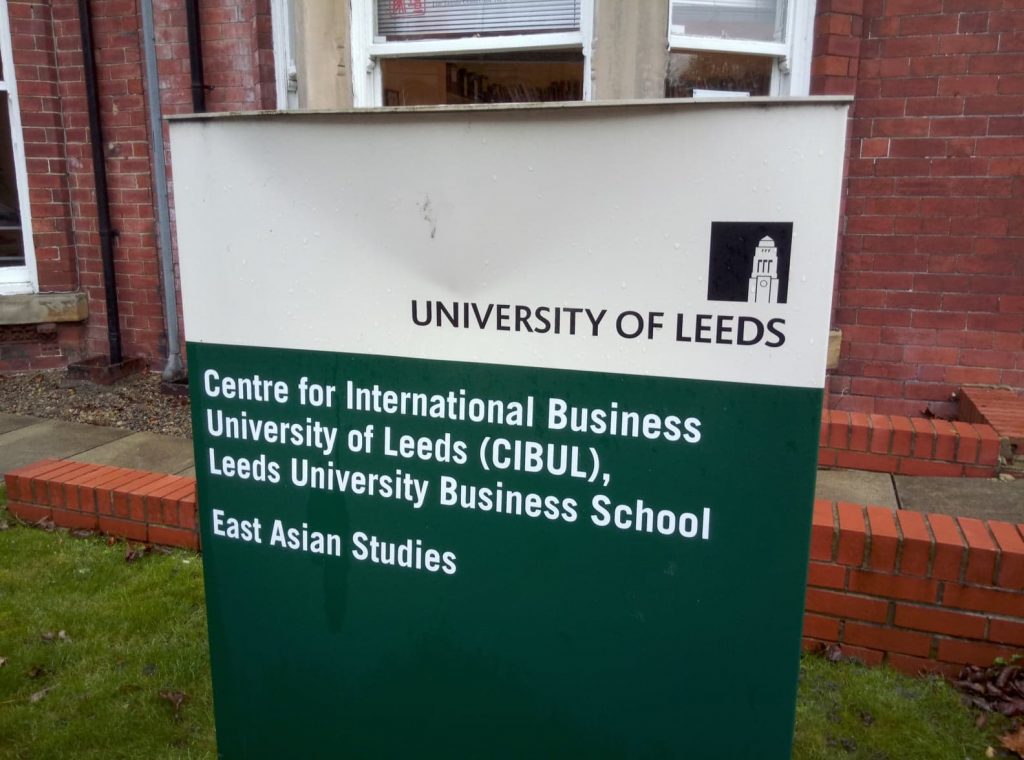Greetings from Yorkshire! I moved here in January, with the help of a Tutkijat maailmalle -grant from Liikesivistysrahasto, to work on a project on cross-cultural management. For an international business researcher in general and a cross-cultural researcher in particular, this experience has already been an eye-opener into the reality of crossing borders.
Beginning from renting an apartment, more things are different than you might first imagine. I got some good advice when I was running in open houses: touch the walls to see if the paint is wet (a big no-no in the land of the mould), check if the taps actually work (as water pressure on this island can be horrible), ask about heating costs (which are huge and not included in the rent) and city council tax (which allows you to use the bins), and so forth. Setting up electricity and water bills, finding home insurance, getting in touch with the building manager in case something goes wrong, you name it – it is more difficult, when you are not exactly sure whose responsibility everything is. Luckily my landlord is very helpful and has so far sorted out a leak and a broken oven in record time.

Everyone at the University has been very friendly. However, as people tend to live a bit further away, not many come to the office daily, which can make the place feel a bit lonely at times. Nevertheless, once a week we meet for an international business faculty coffee break to catch up on the latest on research and teaching. In addition, I have joined a paper development circuit, which is basically a series of mini seminars, as well as a qualitative research reading group, which is also basically a series of mini seminars, but explicitly focusing on qualitative studies. Cooperation with my hosts Professor Jeremy Clegg and Associate Professor Hanna Gajewska-DeMattos has been intense yet rewarding. The work is running smoothly, albeit coming up with a new theory of cross-cultural management is not the easiest thing I have attempted. I am lucky to have such innovative co-authors and mentors on my visit.

Of course, I was here for Brexit day. Despite raucous parties going on in London, Leeds remained no more pub-going than on any regular Friday. In central Leeds, according to voter maps, most voted against Brexit. However, Yorkshire as a whole is rather rural. The traditional business here is sheep farming. Thus, once outside the central city area, you are more than likely to run into brexiteers. Like my cab driver, who said he preferred a new British colonialism to a Fourth Reich. While I have never had any trouble with anyone, you can sense the country is deeply divided. The atmosphere reminds me of the first five minutes after a fight with a sibling, when you think you will never be friends again. I think it will take years for these wounds to heal.
Brexit has had so many dates now, that people really are fed up with it. The first time around, my Yorkshire friends were stalking up on toilet paper and food like there was going to be an immediate shortage. When Brexit eventually happened, I heard of no-one hoarding. It is like a never-ending story, which even now is in sort of limbo, as we cannot yet tell what the EU-UK relationship will look like in the future. And of course, we never know what might happen. The scariest scenarios are that healthcare runs out of medicine and workers – which, according to some projections, is not as far-fetched as it sounds. Nevertheless, there is much advice available to whomever needs it. For example, the University of Leeds hosts Brexit seminars often to give advice to foreign employees and students on how the changing situation will affect them. Luckily, I will move back to Finland before the transition period ends, so should be safe and sound.
There are two things I have learned since moving to Yorkshire. First, there are many, many more variations of not raining than you thought. There are the tiny droplets that fall rapidly but are so small that they do not make you wet. There are the huge droplets which fall so slowly they do not make you wet. There are the medium-sized droplets that fall at a medium speed, again not making you wet. Basically, anything short of soaking you through in five minutes flat is not considered rain. Second, I finally understand, why the call it a howling wind. My windows in Finland, no matter how much draft they tracked in, have never made such a sound. Think of a strong wind caught in a pipe. Double glazing here means a second window has been built in a bit inward from the original. The glazing layers are basically unconnected, leaving the air in between to do whatever it wills. And sometimes, it howls. Luckily there’s much tea and biscuits to be had to keep you warm. Betty’s of Harrogate, which you may know through their export brand Taylor’s of Harrogate, is apparently the place to go for afternoon tea around here. Their scones are definitely worth a try.

Dr. Riikka
Harikkala-Laihinen
Postdoctoral Researcher, University of Turku
Visiting Researcher, Leeds University Business School
Recent Comments